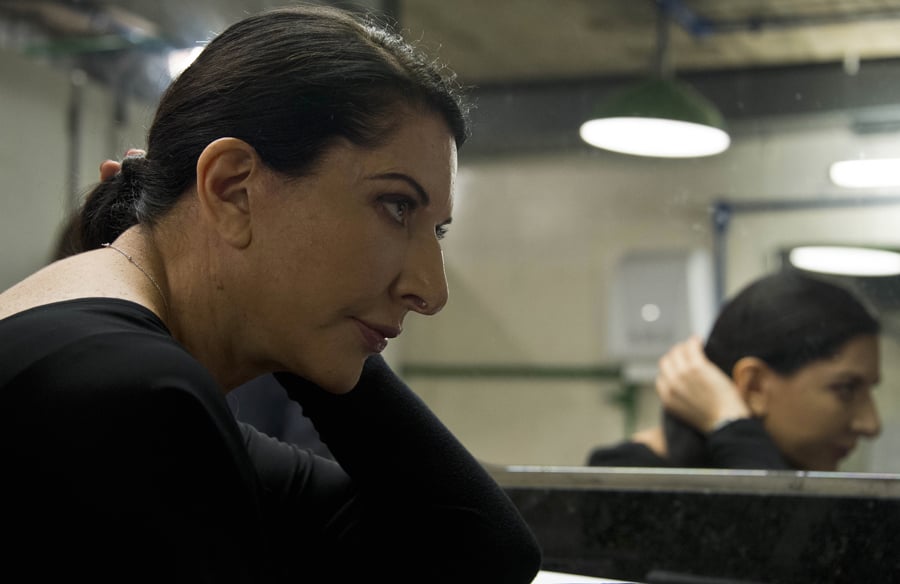
Last week, performance artist Marina Abramović stirred up controversy after a passage from her forthcoming memoir, Walk Through Walls, prematurely surfaced online. In the excerpt, which she penned in 1979, the artist said, among other things, that aboriginal Australians “look like dinosaurs,” and “to Western eyes they look terrible.”
As a result of this, outrage erupted on social media, memes were made, and many people capped their tweets and posts with what would be the day’s trending hashtag: #TheRacistIsPresent.
The artist immediately responded with what one Facebook user described as a “lame apology-no-apology.” Yesterday, Abramović issued another apology, and called it “wholehearted.” Read the full statement below:
I have tried to live my life with courage and I have very few regrets. However the events of the last week have been humbling. My choice to include in my unfinished memoir manuscript the passage from my 1979 diary that used such terrible language to describe my first impressions of Aboriginal peers in the Western Australian desert is one of these regrets. My heart has been aching continually since this came to light. My words were offensive and I want to wholeheartedly apologize to those who I have hurt as a result. The most painful part of it all is that I have hurt Aboriginal individuals who trusted me, and that I perpetuated hurtful stereotypes of a people to whom I owe so much and respect so utterly. I know that the words I used felt like a betrayal and I am truly sorry. Devaluing the integrity, the beauty and the struggle of indigenous Australians, with whom Ulay and I lived from 1980 to 1981, must have seemed an assault on people who are particularly beloved and inspiring to me.
An overwhelming number of the artist’s fans, it seems, remain undeterred in their affection, and many of them lent public messages of support. One Facebook user, who vaguely attributes the entire hullabaloo to colonialism and oppressive systems at-large, offered the following statement: “The sad thing is that some people, instead of celebrating positive things are trying to find everywhere the negative ones. Maybe if some nations long time ago wouldn’t abuse so many others, we wouldn’t be forced today to replace critical thinking with political correctness.”
Others, however, remain unconvinced. Another Facebook user described this as a missed opportunity on the artist’s part to highlight a contemporary issue in Australia: “You haven’t addressed or commented that this is an ongoing issue; this isn’t embedded in 1979.”
The user raises a good point. Discrimination against aboriginal Australians continues to take palpable and violent forms. Dr. Clarke Jones and Dr. Jill Guthrie of the Australian National University told the Guardian that in 2011, aboriginals comprised 27 percent of the prison population despite accounting for only 2.5 percent of the continent’s inhabitants. Today, the incarceration rate for aboriginals has spiked to 52 percent, according to a study conducted by the Australian Institute of Judicial Administration.